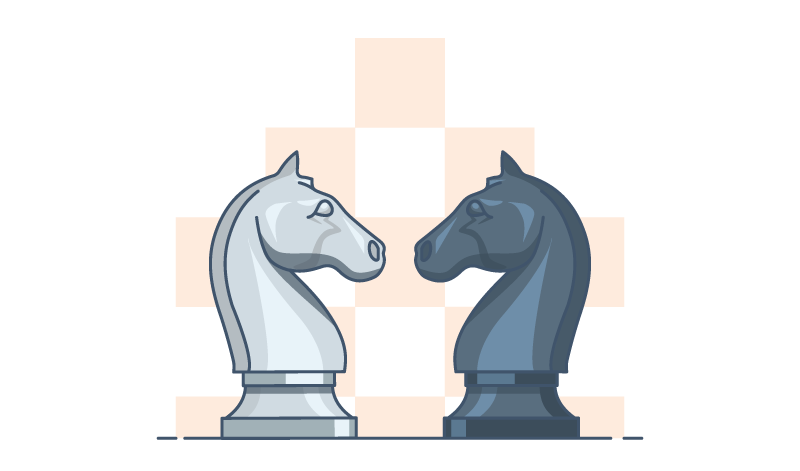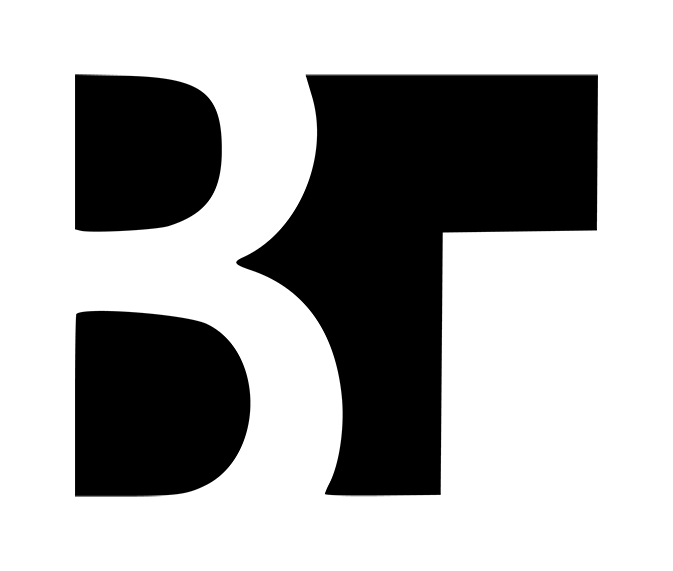
Executive Decision Making
Let me start with a question: Imagine that you are an executive of a manufacturing company in any industry with a physical product (think automotive, agriculture, technology, consumer goods, etc.) As an executive, do you treat your own product inventory as an asset or a liability?
It's a profound question, and in the context of manufacturing, represents a business decision grounded in metrics: demand, shelf life, production lead time, to name a few. There are famous examples of companies like Toyota or Dell treating assets as liabilities and materially altering how they operate in search of a better bottom line. These are specific examples to manufacturing, but the core concept remains consistent.
You're A Risk
Shifting the discussion to human capital; are you an asset or a liability to your company? Some companies, especially service-heavy ones (such as consulting), are known for their "people are our assets" mantra that extends throughout their culture. Counterproductive to that culture and vision, execution doesn't always match - especially so in global firms where there is a tremendous amount of risk to consider and mitigate on a macro scale: I may be an asset to my company based on the value I provide, but I'm still a liability with the information I'm privied to.
I suppose there's a good reason my computer runs virus scans all the time, and is indefinitely connected in real time to my company's IT department (thanks Tanium). I additionally have restrictions regarding my usage of asset managers and brokerage firms, specifically because my company needs visibility into my holdings to make sure I'm not doing (or owning) anything I shouldn't be (think insider knowledge). This is a preemptive measure to control risk, but is it necessary? Is training and trust not enough?
I'd like to believe that it took just one person to ruin it for the rest of us. Is the reason small companies do not have these level of restrictions because they haven't encountered these high risk scenarios, or they have more confidence in the training programs to deter this activity, rather than prevent it altogether?
At its core, I understand why it's done. Many employees leave the door open for risk at scale, and it should be mitigated within reason. I do wonder how many freedoms must I give up in the name of security and safety? If this sounds familiar, it's because this same concept of corporate risk management extends to governments (more on that later). How many decisions have been made under the blanket of national security?
Who's Problem?
I recently watched a recorded lecture of "lessons learned in career of product management", and a consistent message throughout the presentation was that product managers should be designing solution for their customers. Rephrased, solving your customers problems, not your own. The example presented was Evernote's switch to a freemium model, which highlighted Evernote's short sighted thinking to solve its own problems (profitability), versus that of their customers. So when companies, organizations, or governments implement policies designed to control their risk, do they have you (the customer) top of mind? Are they solving your problem or their own?
Side Note: Government Risk
Does the US government view its citizens as assets or liabilities? I'd argue in the US, you're an asset until you've proved otherwise (undermined the inherent trust placed in you to do the right thing and contribute to society). Do government laws and restrictions make you a liability? Youth curfews, driving restrictions, and drinking age requirements are examples of helping control and mitigate risk, but it undoubtedly shifts the scale of your value away from that of an asset (though these examples are specific to minors, there are examples across the board of age).
In China, are citizens assets or liabilities? If China's "social credit" system is any part of a case study, I would speculate that China views citizens with an unhealthy level of skepticism that artificially controls the behaviors and actions of citizens (read: this is communism). It's one of the world's greatest examples of risk mitigation: implementing so many levels of control and oversight that I'd be hard pressed to ever understand how such levels of control (dare I say censorship) could be alleviated.
For your consideration
Are you an asset or a liability to your company? Why? What decisions were made for your benefit versus that of your company? I think we all could benefit from asking why I little more, and I think we all deserve to work for a company that truly sees us as assets, not liabilities, at any scale.
As a final point which precipitated this thought: one piece of advice that has particularly resonated with me as of recently suggests that you "change the lens" of the problem you're trying to solve. Sometimes the solution you see from the outside was never designed to solve the obvious answer.


Member discussion: